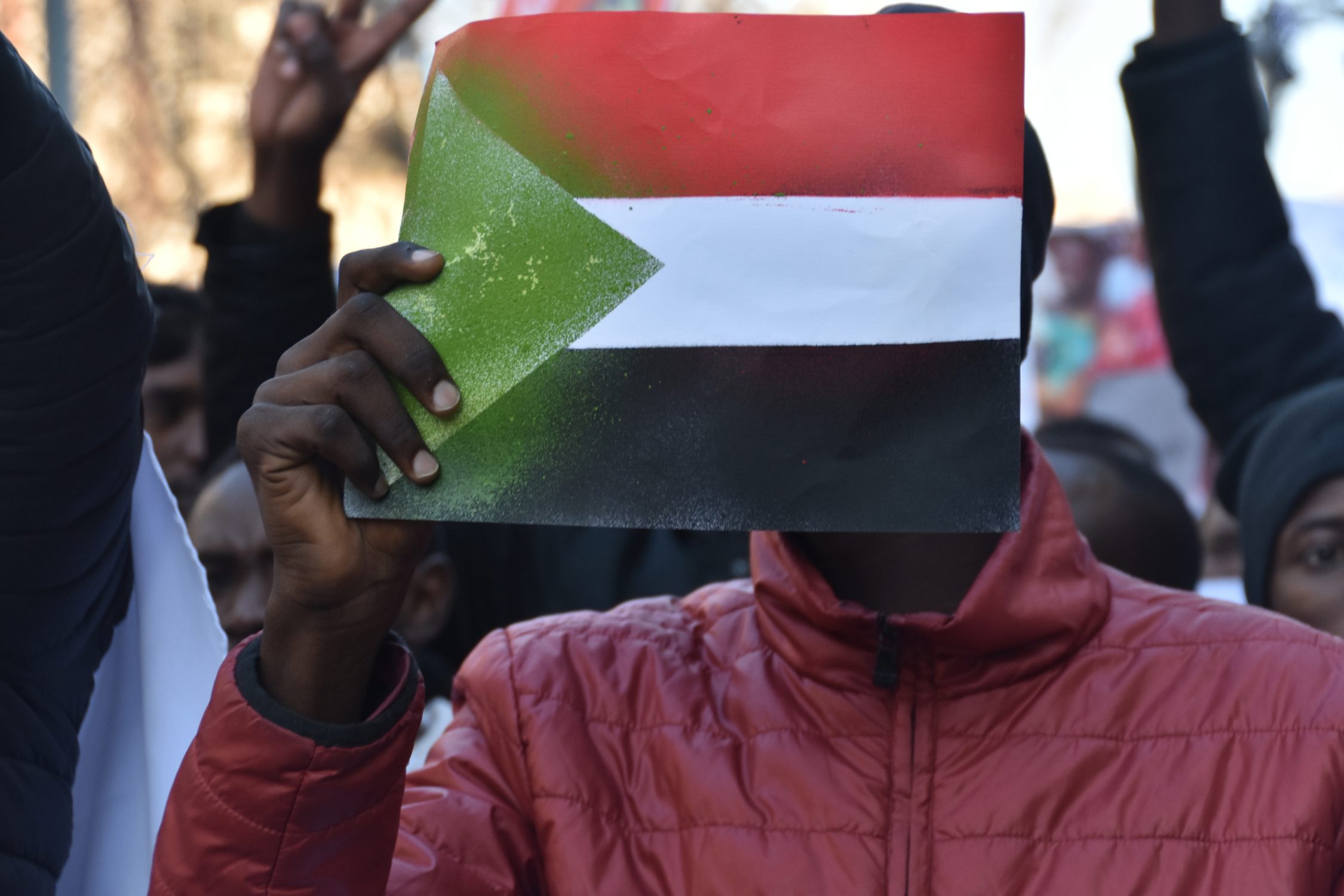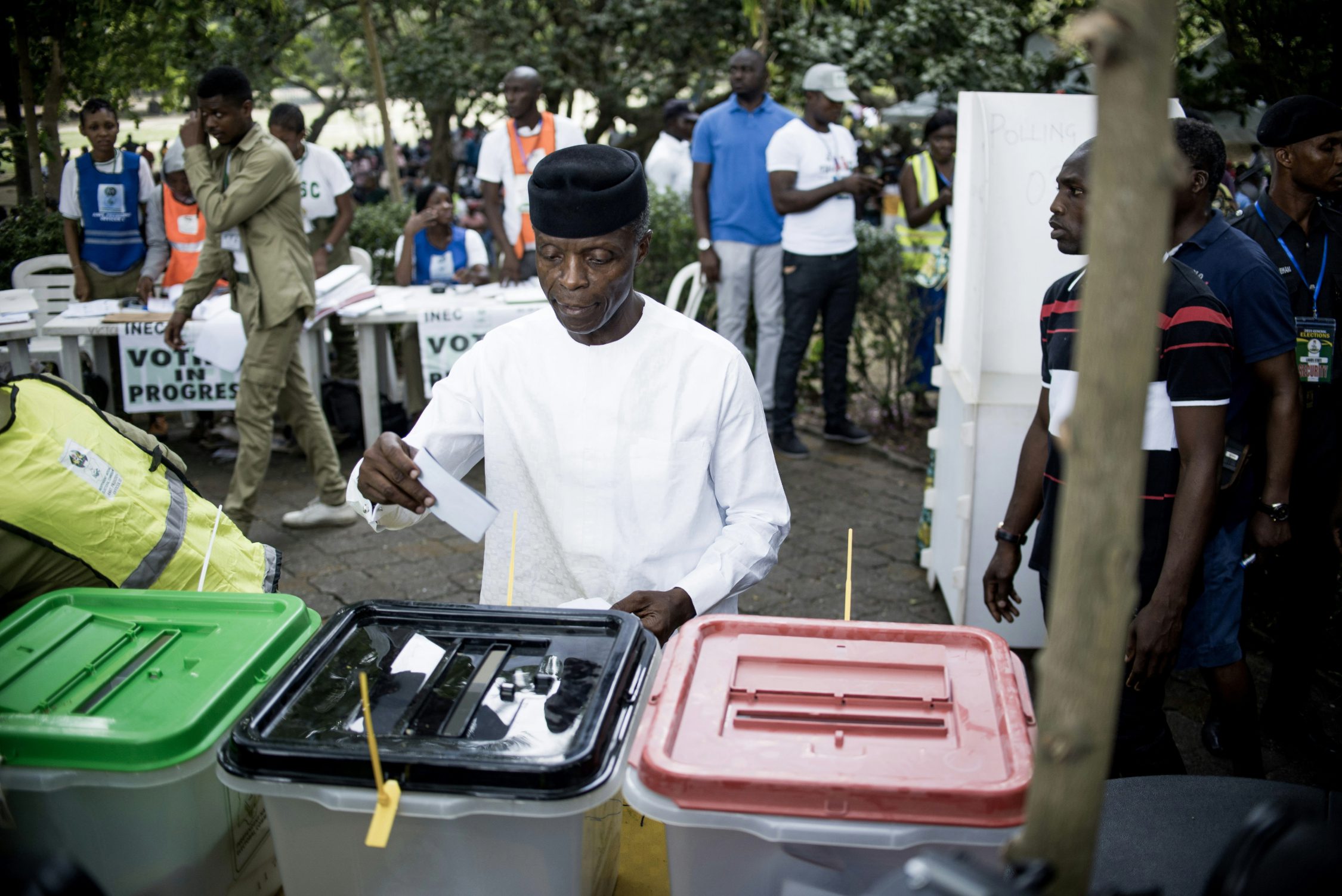Alex de Waal has an opinion piece in today’s Los Angeles Times:
The 19th century Republican Sen. Mark Hanna famously remarked that two things were important in politics: The first was money, and he couldn’t remember what the second one was.
Hanna would be at home in the mercenary politics of peace in Africa and the Middle East today, where political parties, rebel movements and even governments are run on a business model. Money can’t buy anything or anyone, but without cash flow and a sharp set of business skills, any political entrepreneur will quickly fall by the wayside.
I learned this the hard way as a member of the African Union mediation team that tried and failed to negotiate a peace agreement to end the war in Darfur, Sudan, a decade ago. The cabal that ran the government was less interested in any Islamist ideology than in bargaining over the machinery of power in a chaotic province. The rebels were haggling for the maximum cash handouts. For sure, some of them were simply interested in lining their pockets. But it wasn’t simple corruption. The more honest among them knew full well that if they were to abandon armed rebellion for civil politics, they needed a “political budget”— money to run an election campaign, to rent the allegiances of local chiefs and neighborhood bosses, and buy all the other services needed to grease the wheels of political office.
We — the outsiders — called this peacemaking and democratic transformation. For the Darfurians, the goal was to secure a political budget to become a player in the political marketplace.
Our team of diplomats and conflict resolution experts — plus our backers from the U.S. State Department — couldn’t clinch a deal, because we didn’t have the cash in hand to buy off the sundry rebels who demanded a political payment if they were to sign. And for the Sudanese government the peace agreement wasn’t a solemn and binding commitment, but a bargain in the bazaar, only as good as the market conditions on the day it was signed. When the value of some rebels went up the next day, or down, the deal was up for renegotiation. We were flummoxed.
From the Sahara to Afghanistan, by way of Syria, Iraq, Yemen and the Horn of Africa, political business managers use a simple business calculus to understand what’s happening in a war or a peace process, and predict its outcome. Three things count: the players’ political budgets, the prevailing price of loyalty and their business skills. Forget the complex statistical indicators of Foreign Policy’s Fragile States Index: these are the rules of thumb in real politics. And they tell us which peace processes may succeed, and which will fail.
South Sudan’s peace will fail. The newly independent country plunged into internecine war in late 2013. Widely portrayed as a tribal conflict between the Dinka of President Salva Kiir and the Nuer of his challenger Riek Machar, this was more accurately seen as the kleptocrats falling out. The war started because, in an act of extraordinary foolishness, the government of South Sudan responded to a dispute with its northern neighbor, and former oppressor, over the price to be pumping oil along a pipeline to the sea, by shutting down its national oil production. Reliant for 98% of its budget on oil revenue, South Sudan soon ran out of money, and a ruling elite accustomed to living like oil sheiks in a land of extreme poverty fell to fighting one another over the shrunken national patrimony.
The problem that caused the war wasn’t so much corruption as the crass mismanagement of a corrupt system. Today the contenders have signed a peace deal, under pressure from the Africans and the U.S. — but while the oil has been switched back on, the price has plummeted and the government is bankrupt. The problem now is that the elite’s appetite is undiminished — the price of loyalty is elastic upward, but not downward — but the political budget isn’t there. South Sudan’s business managers can’t carry on trading, so they are turning to outright repression. The sad truth is there’s no quick fix for South Sudan’s bloody impasse.
Somalia’s peace is challenged in a different way. The government of President Hassan Sheik Mohamud is generously backed by foreign sponsors, including the U.S. and the European Union. Neighboring African countries provide troops under an African Union flag to fight the extremist insurgents of the Shabab. But President Mohamud is struggling. Though he’s cash-rich, the price of loyalty is too high. The reason: Somalia’s political marketplace is completely unregulated, and open to all comers. Not only do his Western and African backers bypass the government to pour funds directly into the coffers of provincial leaders, but Arab governments are doing exactly the same thing, with fewer strings attached.
President Mohamud and his Western patrons missed their best chance to dominate Somalia’s political market. Had they organized the Somali business class — dynamic and well-resourced — to set the rules of the political game, they could have stabilized the country. But they put a constitutional assembly before a chamber of commerce, and got their sequencing wrong. The country’s chaos reflects the disorder among its diverse paymasters. Ironically, order may come because of the money that has started pouring into Somalia from Saudi Arabia and the Arabian Gulf. The gulf kingdoms see Somalia as the hinterland of Yemen, where they are embroiled in a war, and they are paying Somali politicians handsomely to come on board. Elections this year will probably see pro-Arab candidates sweep the board, all of them professing versions of Islamic law. That might just be enough to draw the majority of the Shabab militants back into civil politics.
Winning the peace in the Horn of Africa — and its neighbors across the huge arc of turbulence from the Maghreb to Central Asia — means studying the warlord’s playbook, updated for the 21st century. Countries beset by factionalism, corruption and violence can’t be fixed with the 20th century tool kit of peace talks leading to new constitutions, plus using aid to build institutions, backed by U.N. peacekeepers. Worse, the U.S. strategy of outsourcing counter-terrorism programs to regional proxies just funnels ready cash into precisely the most skilled and ruthless operators in the political marketplace, as well as giving them the means for repression.
Rule No. 1 in the warlord’s handbook is, keep your finance secret. It follows that there’s no chance for peace and democracy until the political funders begin insisting on them.
The chronic crises in the Horn of Africa demand that we target corruption and arms trading. But that’s not enough: It’s lawful money — from counter-terrorism, oil sales and gifts from wealthy neighbors — that funds political businesses. This money can’t be stopped, but it can be regulated. Reforming political funding is hard enough at home, let alone halfway round the world, on the home territories of skilled operators. But the warlord’s handbook tells us that it’s the place to begin.
Alex de Waal is the executive director of the World Peace Foundation. His most recent book is The Real Politics of the Horn of Africa: Money, War and the Business of Power.


